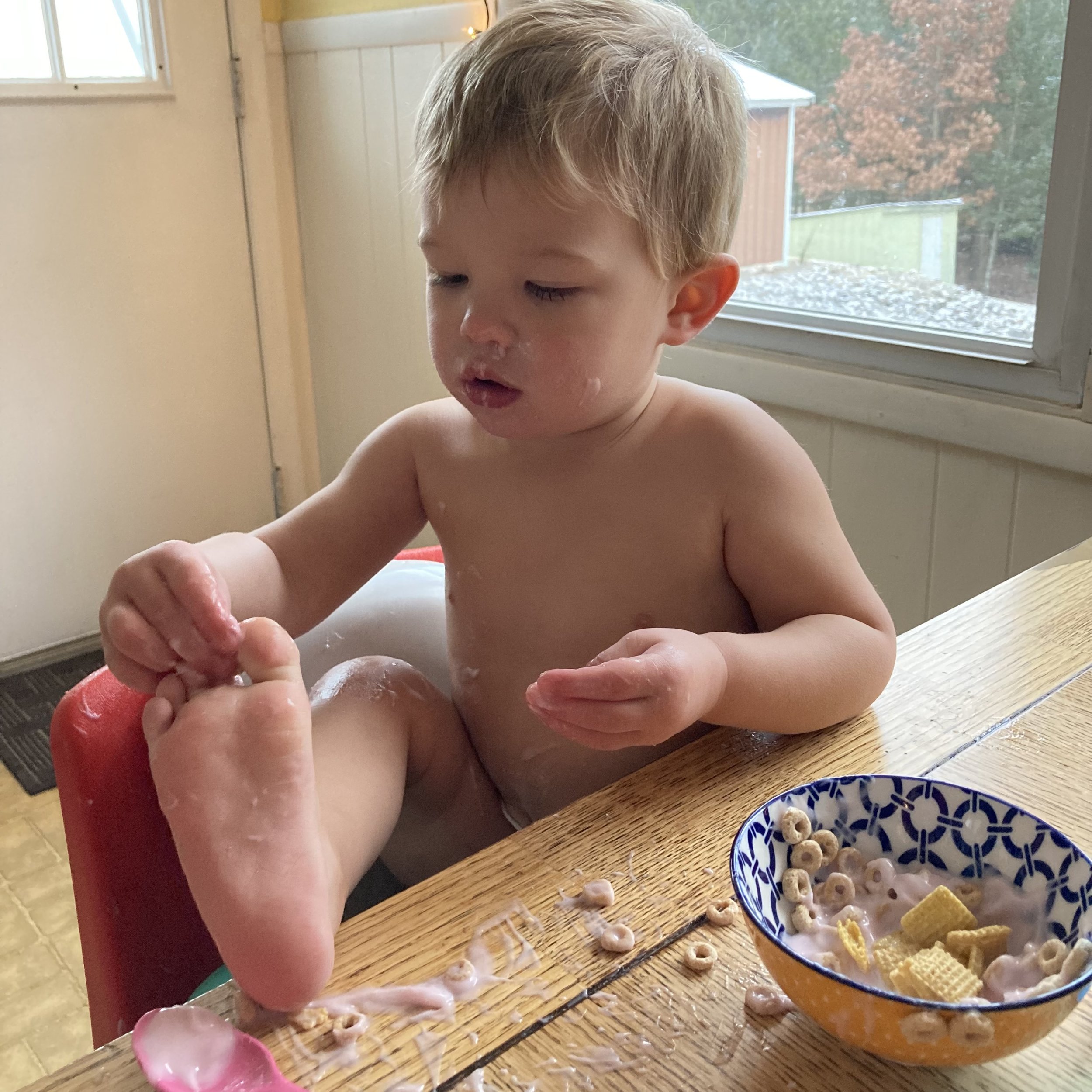School teaches a lot of practical life skills—how to do basic math, use critical thinking, and relate to peers and authority. In school, you learn what’s appropriate social engagement and how to measure the velocity with which a bowling ball will hit the ground if you drop it off the Leaning Tower of Pisa.
Cool stuff, for sure.
A “functional” society revolves around the pragmatic skills that students learn in school, but a healthy society involves something not often taught in mass education: Imagination.
Merriam-Webster defines imagination as the act or power of forming a mental image of something not present to the senses, or never before wholly perceived in reality. In other words, imagination is the ability to see things that don’t exist.
It’s the tool that gives musicians the ability to create new music, artists the inspiration to try something different, and authors the dream of a story.
In a world of black and white, imagination is what washes things in color. It sparks joy and interest and engagement and thought. Imagination makes the mundane delightful—a stick becomes a horse, a paper becomes a ball, a child wearing a bedsheet becomes Superman.
Children are born with an innate sense of imagination, but over the years, it diminishes in most of us. The concrete concerns of adolescence and adulthood push imagination to the back seat, and eventually things like taxes and broken furnaces completely take over. For many, the color palette becomes grayscale.
Pretty grim, right?
The good news is, growing up doesn’t have to beat the imagination out of people. Here are three ways to encourage imagination in kids as they grow, so they stay imaginative as adults.
Never downplay their ideas. It doesn’t matter if you’re positive it won’t work—if a child or teenager suggests a solution to a problem, let them try it for themselves. Imagination is highly susceptible to peer pressure. If an adolescent’s idea gets mocked once, they’ll be much less likely to voice another idea.
Let them love to read. Be flexible about chore time—the garbage can wait an hour or two to go out. If your kid is reading under the covers with a flashlight, don’t make them go to sleep right away. When you read, your mind learns to fill in the blanks of “how I think that looks” or “what might happen next”—this strengthens the imagination muscle.
Give them “what if” scenarios. Imagination isn’t just for the artists and poets—it’s what sets a great leader apart from the rest, because they have the guts to attempt something that no one has done before (I have an idea . . .). Teaching children and teenagers to imagine different outcomes based on their decisions helps them think more creatively in every circumstance, even as adults.
Imagination makes life better—in a world of people staring at the ground, teach your kids to look for pictures in the clouds.




